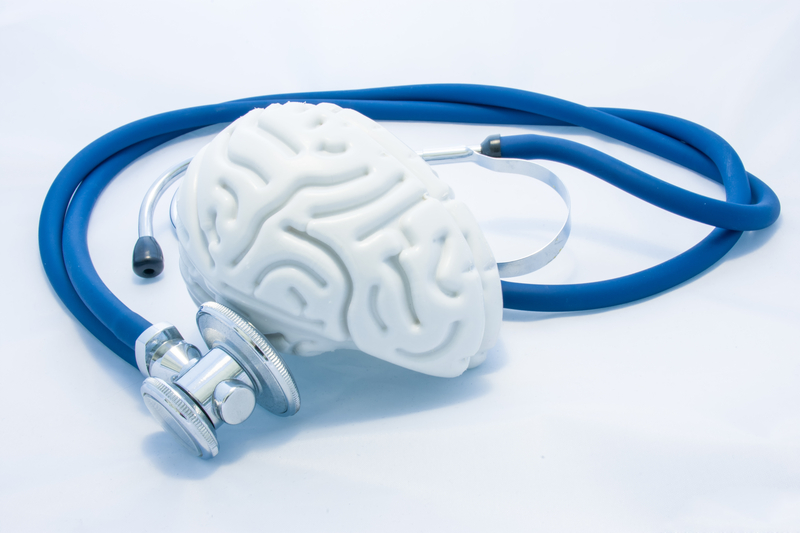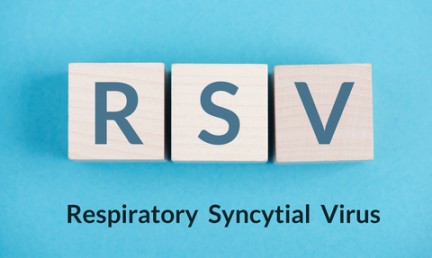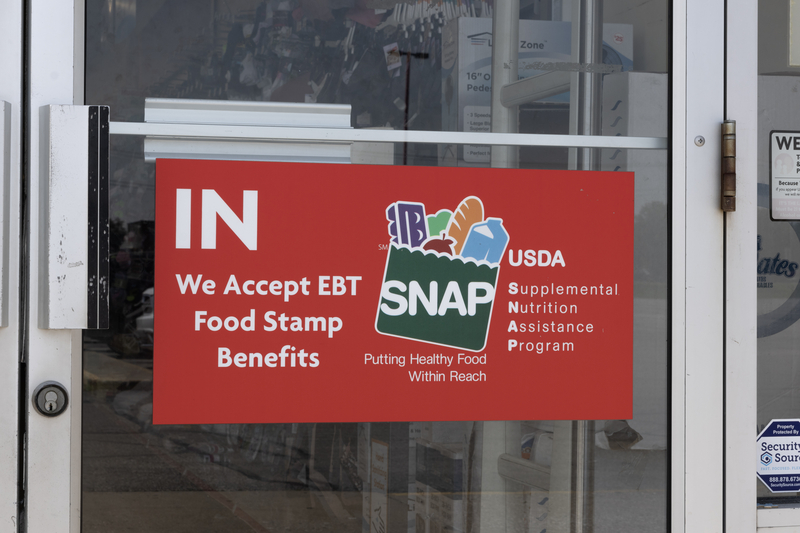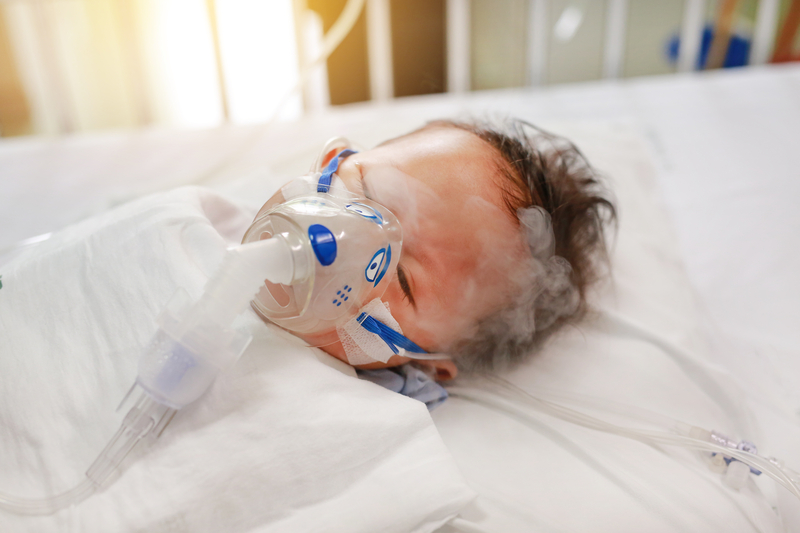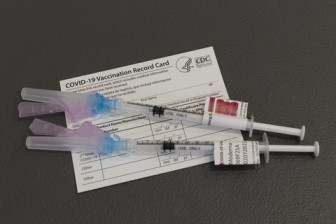
Women’s health at every age requires a unique, evolving approach. From adolescence to menopause and everything in between, each stage of a woman’s life brings unique changes, challenges, and care needs. That’s why maintaining a strong relationship with your GP is one of the most important steps you can take toward lifelong wellness.
Women’s health isn’t one-size-fits-all.
From adolescence to menopause and everything in between, each stage of a woman’s life brings unique changes, challenges, and care needs. That’s why maintaining a strong relationship with your GP is one of the most important steps you can take toward lifelong wellness.
Your GP (General Practitioner) isn’t just someone you visit when something’s wrong, they’re your partner in prevention, your guide through hormonal changes, and your support system in every season of life.
🧬 Why Women’s Health Requires a Lifelong Approach
Women’s bodies go through multiple transitions, hormonal, physical, emotional; all of which impact overall health. What you need in your 20s is different from what your body needs in your 40s or 60s. That’s where a trusted GP comes in.
General practitioners are trained to monitor, manage, and support female-specific health concerns, from menstrual health to fertility, pregnancy, and postmenopausal care.
👩⚕️ What to Expect at Different Life Stages
🌱 Teenage Years (13–19)
Early education, comfort, and privacy are key during this phase. A GP can assist with:
- Menstrual cycle education and management
- Acne and skin health
- Sexual health and contraception
- HPV vaccination and safe sex education
- Mental health and emotional well-being support
🌸 Reproductive Years (20–40s)
This is the time when most women focus on career, relationships, and family planning and their healthcare should reflect those priorities.
Common areas of focus include:
- Pap smears / cervical screening tests
- Breast exams and self-check guidance
- Contraception advice (e.g., IUDs, Implanon)
- Fertility concerns and pre-pregnancy counselling
- Pregnancy and antenatal care
- Managing PCOS, endometriosis, or menstrual pain
- Sexual health testing and counselling
🤰 Pregnancy and Postpartum Care
For expectant and new mothers, your GP works closely with obstetricians, midwives, and pediatric teams to ensure holistic support through:
- Regular antenatal check-ups
- Nutritional advice and supplementation
- Mental health screening (e.g., postpartum depression)
- Breastfeeding support and newborn care guidance
- Recovery check-ups after birth
🌙 Perimenopause and Menopause (40s–60s)
This transitional phase brings hormonal changes that can affect everything from sleep to mood to metabolism.
Your GP can help you:
- Manage symptoms like hot flashes, mood swings, and weight gain
- Explore Hormone Replacement Therapy (HRT) or natural alternatives
- Monitor bone health (osteoporosis screening)
- Manage heart health and cholesterol
- Support emotional and cognitive changes
🌼 Older Women (65+)
Health in later life focuses on mobility, independence, and preventative care. Expect your GP to support you with:
- Regular screenings (bone density, cancer, heart health)
- Vaccinations (flu, shingles, pneumococcal)
- Bladder and continence support
- Mental clarity and cognitive health
- Fall risk assessment and chronic condition management
🩺 What Makes GP Care So Important?
While specialists have an essential role, your GP provides:
- Continuity of care: They know your history and coordinate across services
- Holistic support: Body, mind, lifestyle, all in one place
- Preventive insight: Helping you avoid issues before they start
- Comfort and familiarity: Building trust over time, especially with sensitive topics
💬 Final Thoughts
Women’s health evolves, and so should your care.
Regular check-ups with a trusted GP ensure that no matter where you are in your journey, you’re supported, seen, and cared for. Prioritising your health isn’t selfish, it’s a form of self-respect.
Because every woman deserves care that evolves with her.
#KingstonForeshore #MedicalCenter #HealthCareFirst #WomenHealth #HealthForHer #WomenMentalHealth #RoutineCheckup #KnowYourBody #HealthAwareness #FamilyHealthCare #FamilyMedicalCenter
Also Read: Shielding Newborns: How Hospitals Can Close the RSV Protection Gap
Trending Topics
Features
- Drive Toolkit
Download and distribute powerful vaccination QI resources for your community.
- Health Champions
Sign up now to support health equity and sustainable health outcomes in your community.
- Cancer Early Detection
MCED tests use a simple blood draw to screen for many kinds of cancer at once.
- PR
FYHN is a bridge connecting health information providers to BIPOC communities in a trusted environment.
- Medicare
Discover an honest look at our Medicare system.
- Alliance for Representative Clinical Trials
ARC was launched to create a network of community clinicians to diversify and bring clinical trials to communities of color and other communities that have been underrepresented.
- Reducing Patient Risk
The single most important purpose of our healthcare system is to reduce patient risk for an acute event.
- Subash Kafle
- Victor Mejia
- Jessica Wilson



